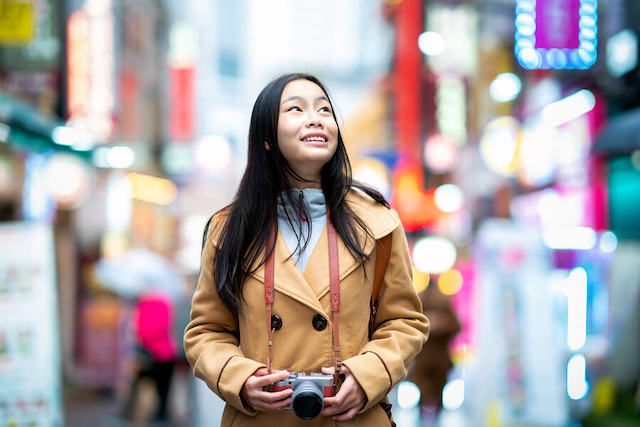Every country runs by their own rules – some of these are laws, and some are more like unspoken habits. South Korea is no exception.
If your travel plans to South Korea have been thwarted by the global pandemic, maybe now’s a good time to learn a bit about their way of life so that you can prepare yourself for your next trip! Here are some quick dos and don’ts across various areas of life in South Korea that you should take note of:
1. Dining dos and dont’s
Some cultures have surprising habits when it comes to dining. For example, in Japan, it is considered a compliment to the chef if you slurp your noodles! But in South Korea, dining etiquette is pretty much what you would expect. Don’t chew with your mouth open, and be discreet about discarding the bones.
Some people might find the social aspect of dining a bit harder to get used to. Due to their emphasis on social hierarchy, diners at a table usually will wait until the eldest starts to eat before they dig in. Additionally, everyone is expected to sit and finish their meal – if you need to leave midway for whatever reasons, you have to excuse yourself politely.
2. Socialising dos and don’ts
When making new friends in South Korea, you might notice a strange phenomenon where strangers will ask you for your age. In some cultures, age might be a sensitive topic, but in South Korea, it is almost necessary to reveal your age.
That’s because your age determines the level of formality and politeness of language used by the person addressing you. Here, it is also useful to note the different age counting system in South Korea from the rest of the world. A person’s Korean age can be one or two years higher than their actual age due to their different system.
3. Drinking dos and don’ts
Drinking has a whole culture of its own in South Korea. For one, the host or the youngest in the group usually has the responsibility of making sure everyone’s glass is filled. If your glass is empty, you should not refill your own glass, but wait for someone to fill it for you. When drinking, it is polite to turn your face away.
4. Be ready to remove your shoes
In many Asian countries, including in South Korea, it is customary to have to remove one’s shoes when entering a home. In addition to homes, some restaurants, tea houses, guest houses, and temples also require guests to remove their shoes. As a general trend, local restaurants that have floor seating will usually have a no-shoes policy.
Did any of the dos and don’ts surprise you? Some of these may be already normal in your culture, while some may be quite different from what you expect! While it will be difficult to remember every single custom followed in South Korea, you can also make it up with adaptability and communication.
Learning to communicate in Korean will definitely make you feel more at ease, especially if any misunderstandings regarding etiquette and social norms arise. Begin with a Korean language course with Sejong Korean Language School before your next trip to South Korea!


